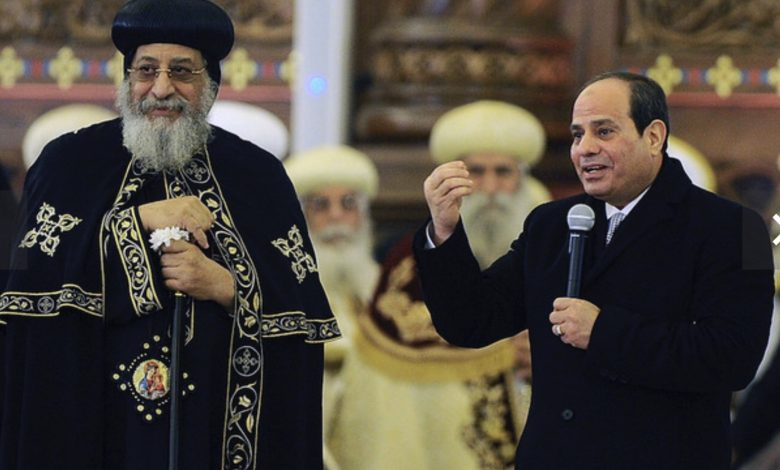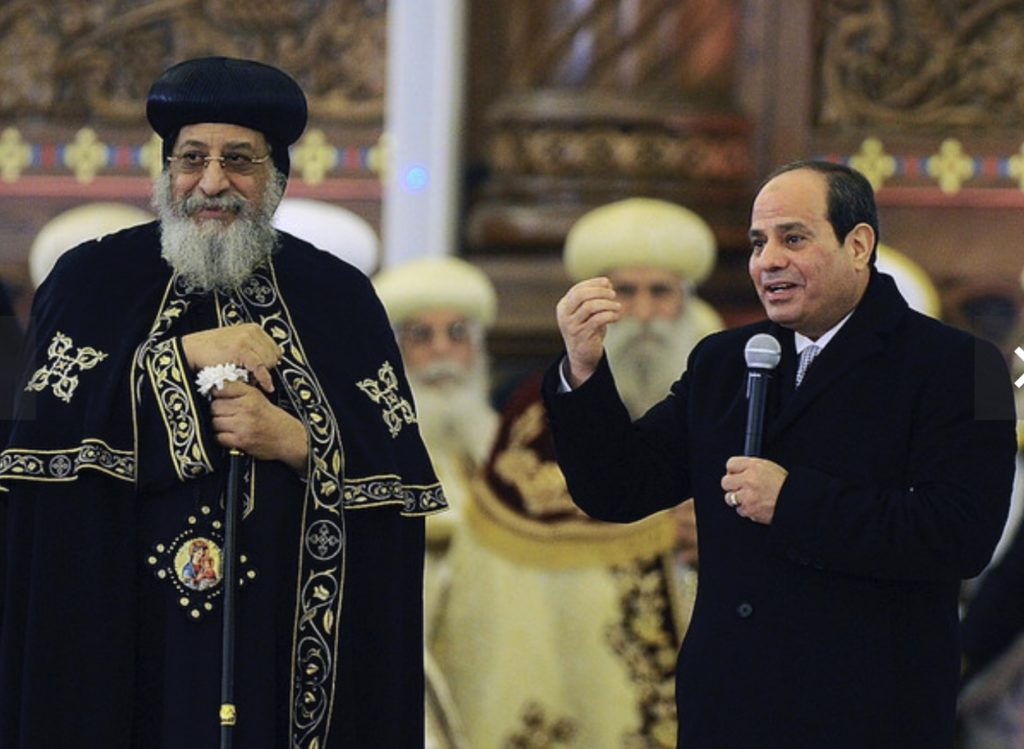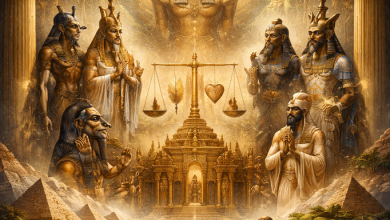
R

Most of the time, I prefer not to comment on the remarks of mentally and psychologically disturbed individuals on friends’ pages. However, I recently came across a comment from an ignorant and mentally unstable person on a friend’s page, claiming that there are texts in the Bible and the Quran that promote hatred between these religions.
Regardless of the fact that this individual has an intelligence quotient lower than that of cattle—if that is even possible—he has overlooked a fundamental logical flaw in his argument. Even if, for the sake of argument, his claim were true regarding the Quran, given that it was revealed after the Bible, how could it possibly apply to the Bible, which predates the Quran? No rational person would believe that a biblical text could incite hatred toward a religion that did not yet exist. At the very least, this is illogical.
First Point:
To refute this ignorance, falsehood, and pretense of knowledge, let us consider the actual texts:
The Bible explicitly states in the words of Jesus Christ:
“But I say to you, love your enemies, bless those who curse you, do good to those who hate you, and pray for those who spitefully use you and persecute you.” (Matthew 5:44)
Meanwhile, the Quran declares in its divine revelation:
“And you will surely find the nearest of them in affection to those who have believed to be those who say, ‘We are Christians.’ That is because among them are priests and monks, and because they are not arrogant.” (Al-Ma’idah 5:82)
In another verse, the Quran states:
“And We placed compassion and mercy in the hearts of those who followed him.” (Al-Hadid 57:27)
And yet, we find a being in human form, with the intellect of a mule or a cow, claiming knowledge while spreading blatant lies about religions he knows nothing about, including his own—if he even has one.
Second Point:
Throughout most of its history, Egypt has been one of the most ethnically tolerant and coexistent societies on Earth. The only exceptions were a few rare incidents, such as during the Wahhabi invasions.
This deep-rooted coexistence was so strong that the British High Commissioner during the colonial period, Lord Cromer, admitted to the failure of Britain’s infamous “divide and rule” policy in Egypt, a strategy that had succeeded elsewhere, such as in India. Cromer famously stated:
“We cannot distinguish between a Christian and a Muslim in Egypt except when they enter their respective places of worship—whether a church or a mosque.”
More recently, during the terrorist threats of the 1990s and the so-called Arab Spring, Egyptian Muslims were the first to step forward to protect churches from attacks. On all religious and national occasions, Egyptians stand side by side in their places of worship, sharing both joy and sorrow. Just two days ago, during the celebration of Coptic Christmas at the Cathedral of the Nativity of Christ, the number of veiled Muslim women in attendance was nearly equal to their Christian sisters, alongside men and senior Egyptian officials, including the President himself.
Third and Final Point:
I do not blame anyone except my friend, who failed to respond to the ignorant and deceitful claims of that individual. He should have clarified, as I am doing now, that:
Egypt is unique in its ethnic composition and history. It does not resemble sectarian, tribal, or regional societies elsewhere in the world. Egypt has never experienced the kind of religious, sectarian, or ethnic wars that have plagued other nations, such as India and Europe. Even today, we continue to witness sectarian conflicts within the same religion in Europe, as seen in the long-standing tensions between Catholics and Protestants in Ireland. Not to mention the religious wars that preceded them. Ladies and gentlemen, Egypt is different. It is unparalleled. Do not attempt to drag it into the swamps in which you have drowned.




